Dear Poetry Friends
I have been concentrating, this summer, on the return of live poetry events, so this first newsletter since May (the first of two for September) is to tell you about live lecture-performances-with-readings this coming week: in Taunton on the 7th and in West Bay on the 9th. More below. I very much hope to see you and/or your local friends there! Booking open now.
Tuesday 7th September 2021 at 1830 in Taunton
Chaucer Night at the 2021 Taunton Literary Festival
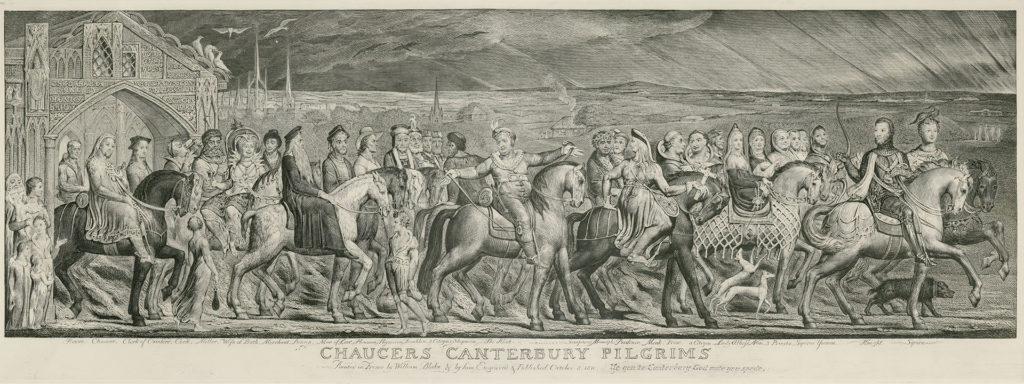
More at https://www.grahamfawcett.co.uk/event/chaucer-external-2/
Thursday 9th September 2021 at 1930 in West Bay
Dante’s Inferno Night at Café Sladers
marking the 700th anniversary of the death of Dante on 14th September 1321 in Ravenna
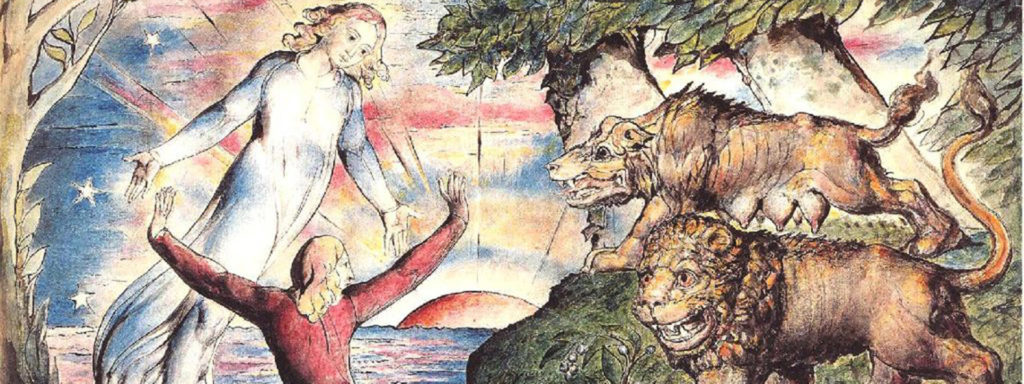
More at https://www.grahamfawcett.co.uk/event/danteinferno-2/
Do forward this newsletter to any friends and contacts who may be interested.
With all best wishes
Graham
RECORDINGS IN THE 2021 SERIES AVAILABLE NOW
Emily Dickinson – consummate perfecter of the transcendent 1-page poem
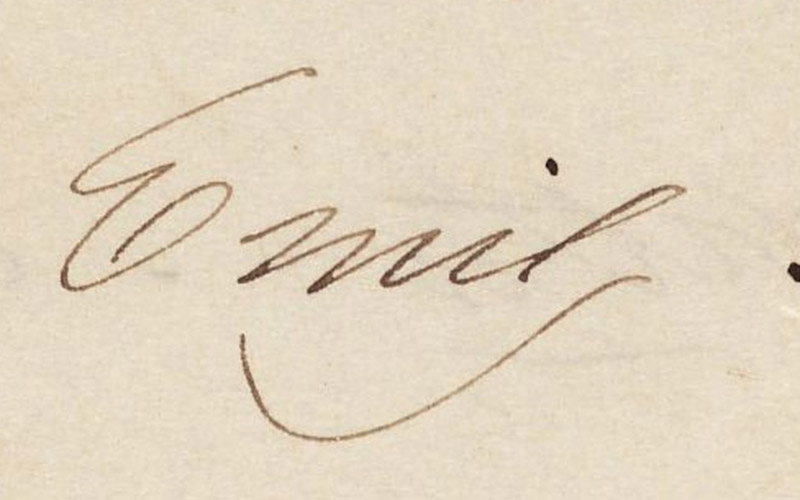
“I enjoyed this lecture so much that I have booked a trip to Amherst this summer to go to Emily Dickinson’s family home, such was the impact her poetry had on my life!” (Emma Jane Turner, after Emily Dickinson Night in London).
“I thoroughly enjoyed it. I thought you carried the tension of her work very well in the reading of her poems. And brought intimacy into the frame”. (Celia Purcell, London, 2021)
“A really excellent evening. People were rapt, attentive and enthusiastic”. (Liza Bingley Miller, at Emily Dickinson Night in York)
Already at the age of 25, though lively, funny and good company, Emily Dickinson would not ‘go from home unless emergency leads me by the hand’. The Dickinson trail leads to hints of adventure and grief in love, the shadow of her public father, cosmic mysteries, the triumph of personal choice, and 1775 poems found stitched in bundles . . . More about the Emily Dickinson lecture on my Events Page at https://www.grahamfawcett.co.uk/event/dickinson-2/
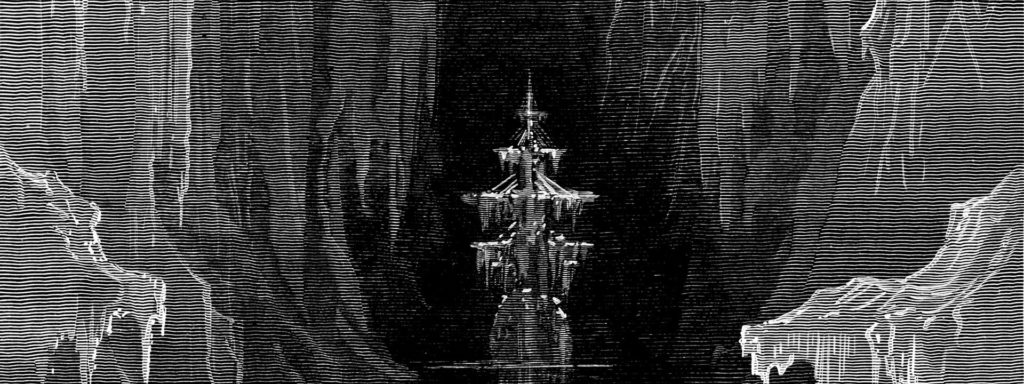
Poetry Concert Two – Daughters, Creatures of Land and Sea, the Ancient Mariner
“I’ve enjoyed your ‘Rime’ this damp afternoon very much. Thanks. It was first read to me at mother’s knee. Still – “straightway the sun was flecked with bars….” is the moment I wait for…” (Patrick Coldstream, Hertfordshire, March 2021)
“In the Autumn of 1797, Mr. Coleridge, my sister, and myself started from Alfoxden pretty late in the afternoon with a view to visit Linton and the Valley of Stones near to it . . . Accordingly we set off, and proceeded along the Quantock Hills towards Watchet; and in the course of this walk was planned the poem of the Ancient Mariner . . .” More on Poetry Concert Two at https://www.grahamfawcett.co.uk/event/poetryconcert2march2021-2-2/
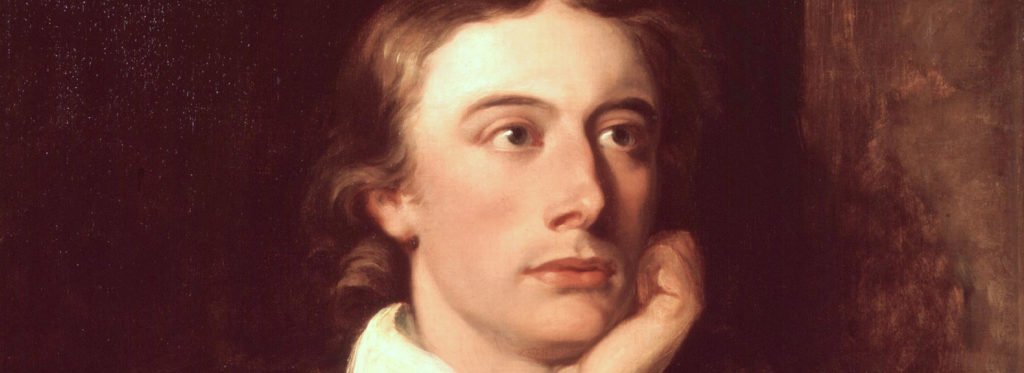
Keats 200 – Unparalleled beauty in the Odes, sonnets, letters
“I just had to email to reiterate how moving and inspiring I found tonight’s talk – one of the best on poetry I have ever been to. Thank you for bringing Keats’s piercing clarity to us with such grace and humanity”. (CW, Surrey, after Keats Night, Keats House, London)
In the face of never-ending challenges, Keats was fearlessly creative on the page. Dead at 25, his sonnets can stand alongside Shakespeare’s, his poems tread every inch of the meadow . . . More on Keats 200 at https://www.grahamfawcett.co.uk/event/keats200/
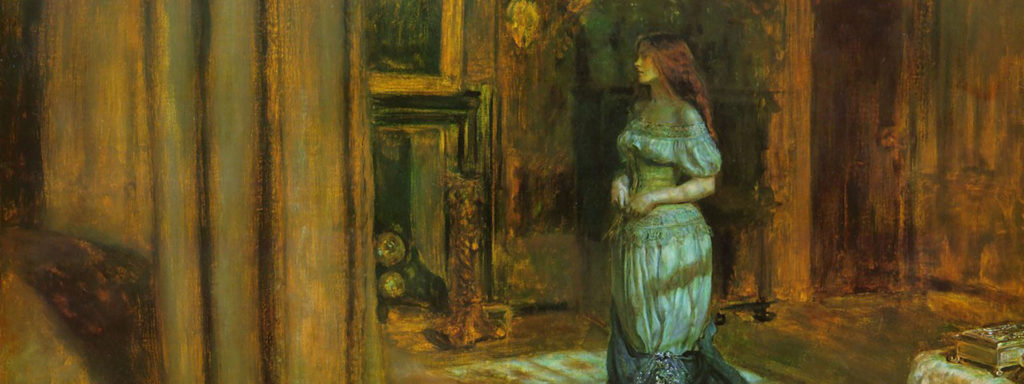
Poetry Concert One – January, Nature, Ghosts, La Belle Dame, The Eve of St Agnes
“An engrossing 70 minutes. A fine balance between the intellect and emotions. Thank you.” (Sue Draney, London – 2021).
Like Coleridge, whom he read hungrily, Keats’s transits took him into the realms of supernature, myth and legend, his time-signatures those of ancient and medieval days. This is the sound-and-picture world . . . More on Poetry Concert One at https://www.grahamfawcett.co.uk/event/poetryconcert1jan2021-2/
THE 2021 POETRY CONCERT SERIES
All my life I have been drawn to the shape, structure and content of symphony and chamber concerts, often presenting three or four works which have been put together in the same programme because of the connection or contrast between them. It has left me wanting somehow to re-programme with poems the whole idea of a music concert… More on how the Poetry Concert series came about at https://www.grahamfawcett.co.uk/event/poetryconcert1jan2021-2/ and scroll down to HOW THE SERIES CAME ABOUT.
RECORDINGS IN THIS 2020 ONLINE SERIES AVAILABLE NOW
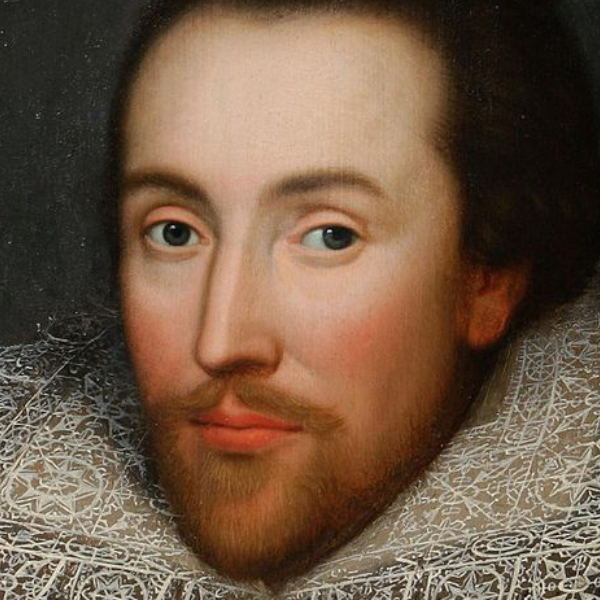
Shakespeare the Poet – Shakespeare’s long poems, sonnets, and aria-like moments in the plays
“Thank you for risking the journey and the unknowns. And thank you for a superb evening, one of the very best. You helped me, among many things, to relax into the Sonnets and swim in the one I am reading and let the poet and his words take me to wherever. In so doing you shifted something within me: it used to be apprehension, nervousness, uncertainty, and ‘will I get what I am supposed to get?’ Now I shall invite the words and the magician to talk to me and then join in; and the fun will begin”. (Jeremy Harvey, at Shakespeare the Poet Night, Taunton, 6 October 2020)
To what extent did the author of the Sonnets feel he was writing poems in his plays as though momentarily staging a poetry recital of set pieces to hold an audience’s breath in mid-drama?
More on the Shakespeare the Poet lecture at https://www.grahamfawcett.co.uk/event/shakespeare-3/
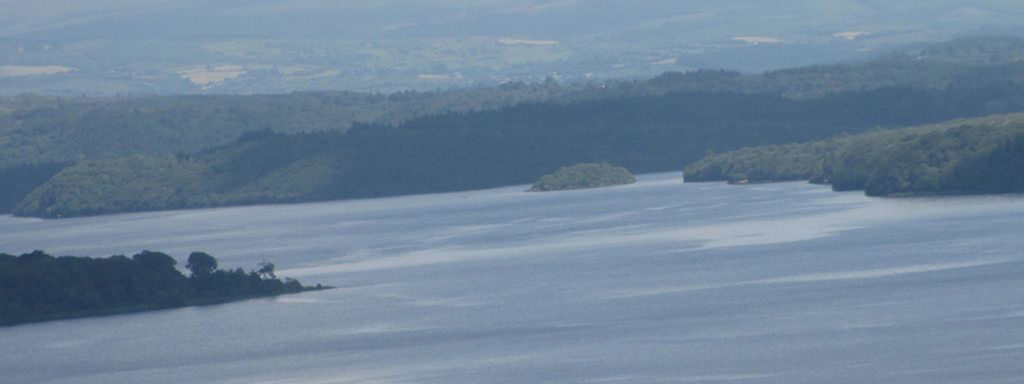
W B Yeats, Ireland’s modern Orpheus of song, ballad, lyric and narrative – and a fount of energy for national renewal
“How very much we have enjoyed your Yeats lecture. You have lovely skills in giving us lots of information (and very varied) cunningly arranged so as to illustrate Yeats’s changing vision of things, and the moods and atmospheres and stances-to-the-world that came to him with them. And sometimes too how his rhythms and meters, even verse-lengths, do their job for him. And what a pleasure to hear you read all those favourite poems. As well as some of the Irish ballady ones that we’ve rather skipped over before. Thanks very much for all that”. (Janet & Patrick Coldstream, Hertfordshire).
More on the Yeats lecture at https://www.grahamfawcett.co.uk/event/wbyeats
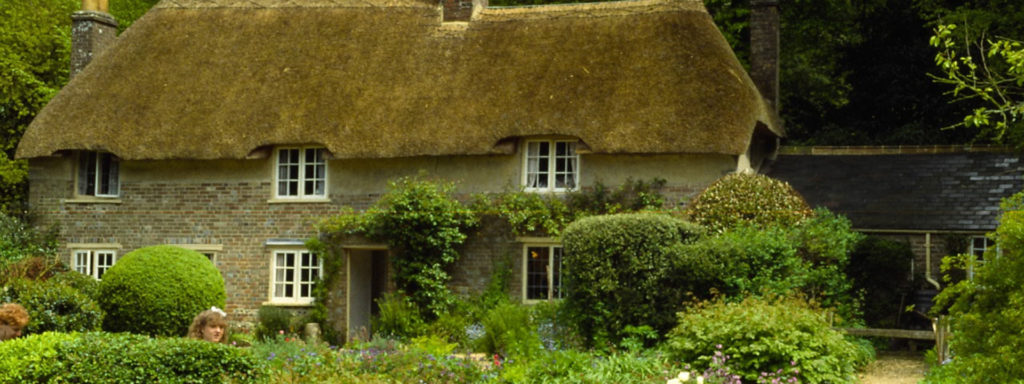
THOMAS HARDY Poet of virtuoso narratives on love, nature, the human journey, and how to handle the present
“Now there is clarity. There is the harvest of having written 20 novels first”. (Ezra Pound, reviewing Hardy’s Collected Poems). Famed, filmed and widely read for his novels, Thomas Hardy was actually always a poet who happened to write novels too. He started out as one as a young man, and then, in 1895, the second most important date in Hardy’s life for him and for us (1912 being the first) when the critics turned against him for Jude The Obscure, he turned their hostile energy to gold by putting up the shutters as a novelist and returning to poetry, his first love. . . .
More on the Hardy lecture at https://www.grahamfawcett.co.uk/event/thomas-hardy
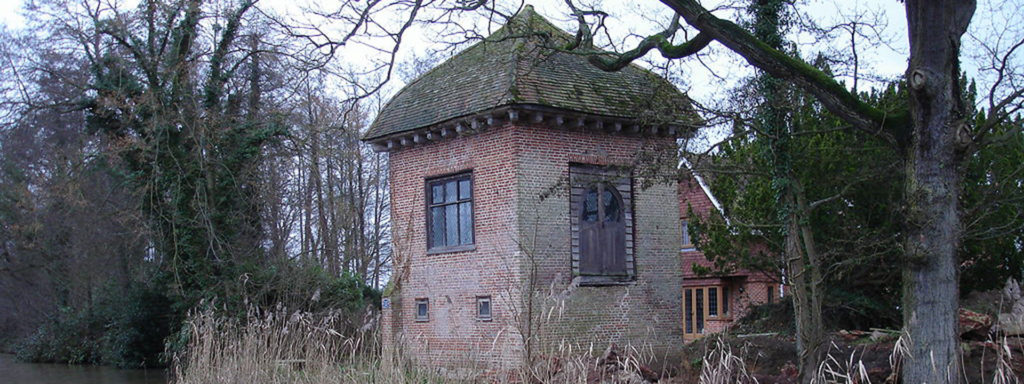
JOHN DONNE Supreme Metaphysical poet of love, adventure, reason, belief
“Very inspiring. What is great about your talks is the almost urgent need, certainly in my case, to go back to the poems themselves at a deeper level, or even for the first time”. (Celia Purcell, London). Donne’s ‘No man is an island’ challenges our fantasies of separateness, and his advice to “Be thine own palace, or the world’s thy jail” has lost none of its thwack. His exciting fearlessness of invention electrifies the journey. Donne the rebel Elizabethan who re-made poetry, did it his way then, and is, to this day, cool. More on the Donne lecture at https://www.grahamfawcett.co.uk/event/johndonne-metaphysical-love-poet-2/
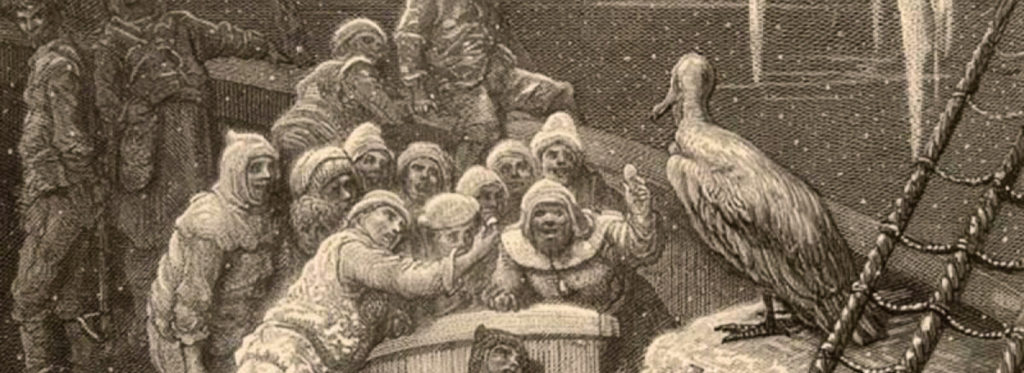
SAMUEL TAYLOR COLERIDGE Romantic and fantastic poet of the imagination
“I was struck by your evocation of fathers reflecting on their children early in your Coleridge . . . I think I’ve been mainly a prose parent, but identifying with you, and fondly reflecting on my now adult children, I’m combining a little poetic sensibility! Your lectures seamlessly blend exposition with the poems. I’m off now to Kubla and the Mariner”. (Charles Porter, San Luis Obispo). Coleridge was a magician of the word, an irresistible poet of nature and imagination, a wildly inventive writer . . . To meet the Ancient Mariner, old man and poem, at school is never to forget either.
More on the Coleridge lecture at https://www.grahamfawcett.co.uk/event/coleridge-romantic-poetry-mariner-2
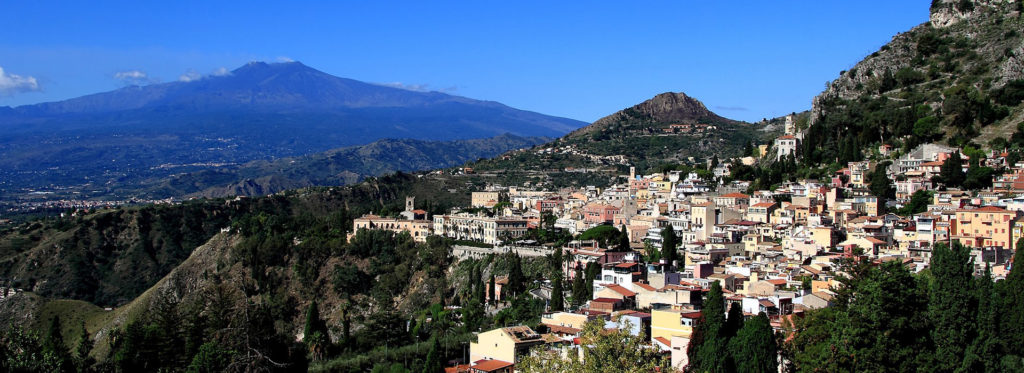
D H LAWRENCE, POET Poet of human and animal creatures, love, remembrance
“Excellent. You tie things in so well and so eloquently and give a fabulous contextual view of when and where and what has gone before and may come after when I don’t have a wide knowledge of his poetry. . . Lawrence so sensitive like Van Gogh (his letters are amazing too). And I enjoyed your reflections on demon/daemon. Fascinating. Thank you”. (Chinks Grylls, Taunton). This talk is for all of you who read and love poetry, whether or not you have yet discovered D H Lawrence as a poet and not only as the author of Sons and Lovers, The Rainbow and other novels. . . More on the Lawrence lecture at https://www.grahamfawcett.co.uk/event/dhlawrence-2
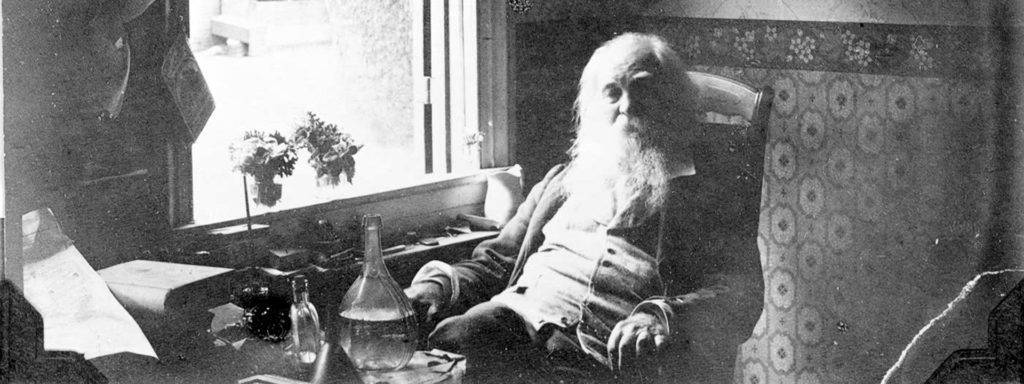
WALT WHITMAN Pioneer poet of love, humanity, nature, America, epiphany
“Bravo! Well done! A wonderful re-introduction to the life and art of Whitman, especially suggestive as to some contemporary influences on the development of his style. Your lecture reminded me repeatedly what a copious genius Whitman is/was ,- and has sent me straight off to try to write again (after feeling increasingly stale as this Covid thing has gone on.) And all beautifully written and delivered too. Thank you!” (Keith Chandler, Bridgnorth, Shropshire). Readers and listeners love Whitman for his invigorating wisdom shedding light on our lives left, right and centre . . .More on the Whitman lecture at https://www.grahamfawcett.co.uk/event/walt-whitman

WORDSWORTH Revolutionary Romantic poet of childhood, nature, memory
“We enjoyed it very much, and your method of expressing your thoughts”. (John Grantham, Dorset). Wordsworth’s absolute devotion to his beloved Lake District is a luminous celebration of the vital spirit of place and how to express deep gratitude for belonging there. What is more, Wordsworth’s at-first-sight-formidable output is embraceable as we walk and climb, stop, look, listen, breathe and feel with him everywhere he goes. The Prelude is one of the most beautiful, engrossing, accomplished, sustained, expansive and invigorating poems in our, or any other, language. . .
More on the Wordsworth lecture at https://www.grahamfawcett.co.uk/event/williamwordsworth
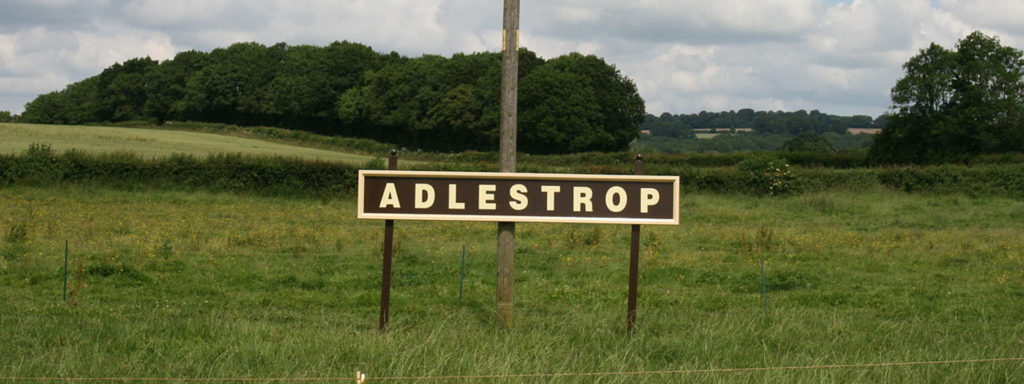
EDWARD THOMAS Poet of Adlestrop, nature and the War
“Thank you for the splendid talk on Edward Thomas. . . Lovely to hear you lifting the poems from the page. How tender his poems are, joy, pain and longing gently folded in together – I am thinking about how one folds flour into whipped egg whites when making a soufflé, fine particles of flour falling into the furrows of egg left by the spoon edge. I am doing a lot of cooking in the lockdown”. (CFG, Wiltshire) Walter de la Mare said Thomas’s aim had been “to express the truth about himself and his reality”. This throws light on how poetry suddenly surfaced in him: it was there all the time. . .
More on the Edward Thomas lecture at https://www.grahamfawcett.co.uk/event/edwardthomas
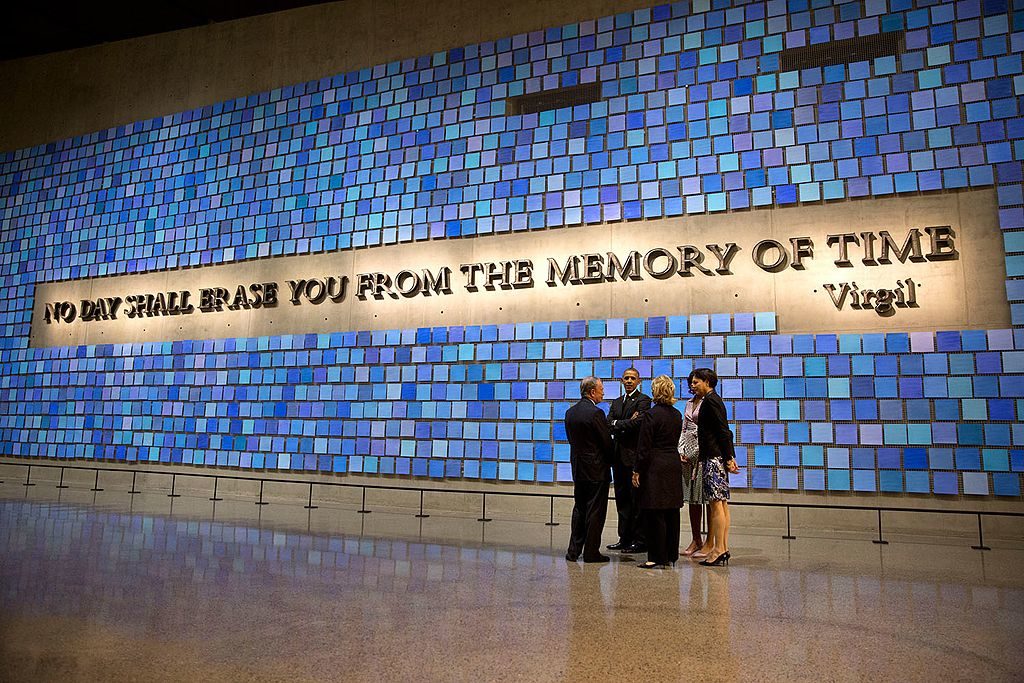
POETRY IS COMMUNICATION Poems that connect with us
“I enjoyed it very much indeed. It is wonderful, for a start, to have all that poetry read to one, but then to have your wise and imaginative thought linking it all together is a stimulating and restorative blessing after a day of sadness for the world and personal fatigue and frustration brought on by internet incompetence!” (Brenda Herbert, London). Graham invites his audience to live and re-live their own personal relationship with all the poetry they have ever read and listened to since they were old enough to find pleasure and meaning in it . . . , even as though for the first time. More on the Poetry Is Communication lecture at https://www.grahamfawcett.co.uk/event/poetryiscommunication
IMAGES
William Blake (1757–1827) Chaucer’s Canterbury Pilgrims Copper engraving, with additions in watercolour by the artist. Third state, 1810–20
William Blake, Dante meets the Leopard, the Lion and the She-Wolf – Dante, Inferno canto 1
Kuzma Petrov-Vodkin, Portrait of Anna Akhmatova, 1922
Canterbury tales mural by Ezra Winter. North Reading Room, west wall, Library of Congress John Adams Building, Washington, D.C. According to the inscription, this mural shows (left to right): “The Miller, in the lead, piping the band out of Southwark; the Host of Tabard Inn; the Knight, followed by his son, the young Squire, on a white palfrey; a Yeoman; the Doctor of Physic; Chaucer, riding with his back to the observer, as he talks to the Lawyer; the Clerk of Oxenford, reading his beloved classics; the Manciple; the Sailor; the Prioress; the Nun; and three priests.” (Source: John Y. Cole, On These Walls. Washington, D.C.: Library of Congress, 1995, p. 79)
Signature from Emily Dickinson. Note and poems sent to Susan Dickinson, [early 1862].
Gustav Doré, detail of “The Ice was here, the Ice was there, the Ice was all around”, from The Ancient Mariner, illustrations by Gustav Doré (1875), Doré Gallery, London
Posthumous portrait of John Keats by William Hilton (National Portrait Gallery, London)
John Everett Millais, Madeleine undressing – Eve of St Agnes.
Unknown artist, The Cobbe Portrait of William Shakespeare, painting, claimed to be a portrait of William Shakespeare done while he was still alive. Possibly photographed by Oli Scarff. Collection: National Trust, Hatchlands Park, near Guildford, Surrey.
Lake Isle of Innisfree, Lough Gill, County Sligo, Ireland (photo by Robin Pollard)
The secluded Hardy birthplace cottage at Higher Bockhampton near Dorchester in Dorset, built by Thomas Hardy’s great-grandfather in 1800, has been little altered externally. (Photograph by Peter Broster).
John Donne and his wife lived (1600-1604) in this Elizabethan summer house on the River Wey at Pyrford, Surrey – photograph by Suzanne Knights
Engraving by Gustave Doré for an 1876 edition of Coleridge’s Rime of the Ancient Mariner. Labelled “The Albatross,” it captures the moment in the poem when Coleridge writes of the albatross that
“In mist or cloud, on mast or shroud,
It perched for vespers nine;
Whiles all the night, through fog-smoke white,
Glimmered the white Moon-shine.”
John Menard, Mt. Etna and Taormina as seen from the Ancient Theatre of Taormina – the town in Sicily where Lawrence was happiest writing poetry and wrote several of his greatest poems
Strobilomyces, Dove Cottage – home of William Wordsworth (near Grasmere) from 1799 to 1808
John Mann, Adlestrop Replica station sign in field
National September 11 Memorial Museum, New York City
